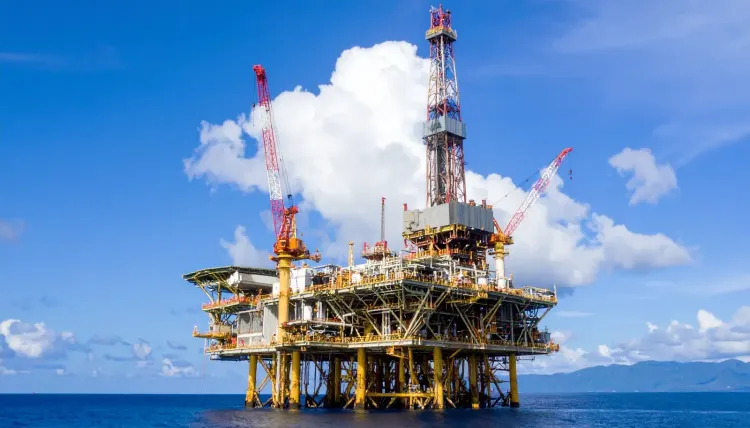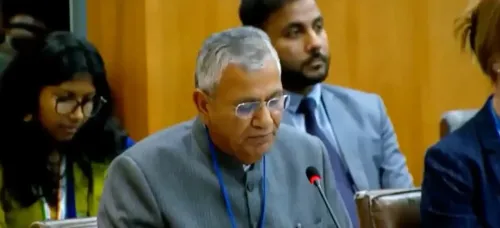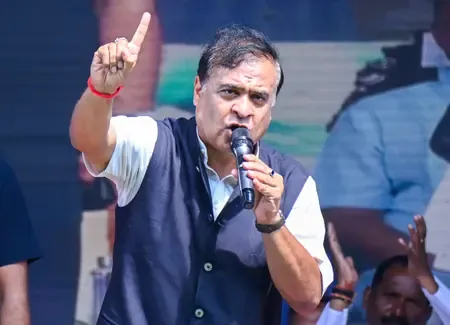How is India Securing Energy Supplies Amid Changing Geopolitics?

Synopsis
Key Takeaways
- Venezuela's situation reflects India's vulnerabilities.
- Sanctions directly impact oil supply and pharmaceutical exports.
- ONGC Videsh faces challenges in repatriating dividends.
- Diversification of energy sources is crucial.
- India must assert its independence in energy strategy.
New Delhi, Oct 9 (NationPress) As the US amplifies its naval operations in the southern Caribbean, tensions between Washington and Venezuela have surged again, impacting India's oil imports from the Latin American nation, reveals a recent report.
For India, the situation in Venezuela is not just another foreign issue; it serves as a stark reminder of the risks associated with reliance on global political dynamics, as noted in an article featured in India Narrative.
India previously gained from heavy crude imports from Venezuela after the US relaxed sanctions on the South American country in 2024. However, with the recent reinstatement of restrictions, the supply has significantly declined, demonstrating how swiftly external geopolitical influences can disrupt India's energy framework, according to energy analyst Yash Malik.
The report indicates that ONGC Videsh, which possesses substantial stakes in Venezuelan oilfields worth millions, is now encountering significant challenges in repatriating dividends and adhering to US licensing regulations. Each round of sanctions leads to restricted cash flows and immobilized assets.
Furthermore, the implications are not limited to oil; India's pharmaceutical exports to Venezuela, valued at $111 million in 2024, are also at risk due to potential payment hurdles and compliance challenges. When sanctions constrict the financial landscape, even crucial supplies are affected. The 2016 'oil-for-drugs' strategy illustrates the importance of resilience: linking trade to tangible assets, minimizing reliance on Western channels, and safeguarding essential sectors from extraterritorial sanctions.
In a landscape where sanctions are employed as tools of diplomacy, depending on external regulatory favor becomes a strategic vulnerability, the article asserts.
India's energy strategy, encompassing Russian crude, Iranian collaborations, and Venezuelan initiatives, necessitates adaptability to diversify supply sources, establish legal and financial frameworks to circumvent unilateral sanctions, and affirm its right to pursue an independent path, according to the article.
“New Delhi should regard Venezuela not as a minor diplomatic issue but as a cautionary tale. Every halted shipment or suspended dividend highlights the consequences of inaction. India must not allow foreign investments to dictate its access to energy or the recovery of its own investments,” the article concludes.









